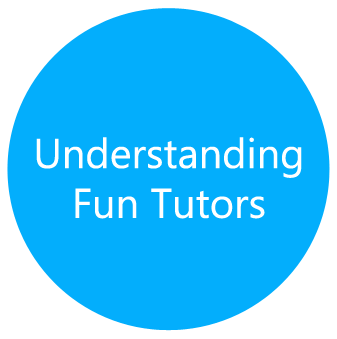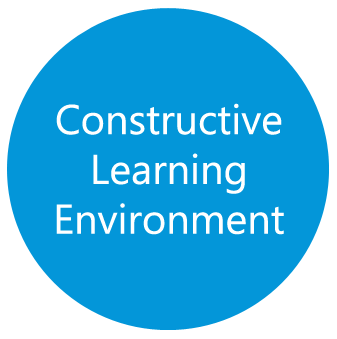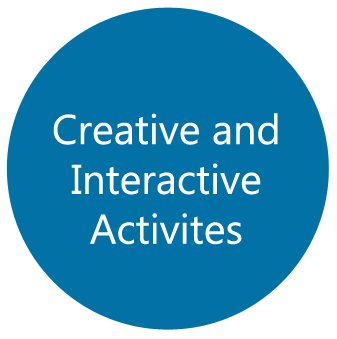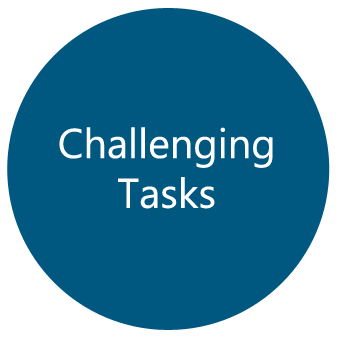ENGLISH SECONDARY
These 6-level courses are designed to help adolescents improve their English language skills while engaging with topics and activities that are relevant to their age group.
These courses generally focus on developing proficiency in reading, writing, speaking, and listening, thus helping teenage students with their International English exams such as TOEFL ITP,
TOEFL IBT, IELTS and etc.
Secondary courses comprise 6 levels:
General English Level 1, 2, 3
Academic English Level 1, 2, 3
Referring to The Common European Framework of Reference for Languages (CEFR),
General English Level 1, 2, and 3 are equivalent to A1 Movers, A2 Key, B1 Preliminary.
Academic English Level 1, 2, and 3 are equivalent to B2 First, C1 Advanced, and C2 Proficiency.
Here’s a detailed overview of the courses:
1. Course Objectives
•Language Proficiency: Improve grammar, vocabulary, and overall fluency.
•Communication Skills: Enhance speaking, listening, reading, and writing abilities.
•Critical Thinking: Develop the ability to analyze texts, formulate arguments, and express ideas clearly.
•Cultural Awareness: Increase understanding of cultural references, idiomatic expressions, and diverse perspectives.
2. Course Structure
•Curriculum: These 6-level courses provide a mix of literature, writing exercises, and language activities. The curriculum used is by Oxford University Press, which has been tailored to suit different proficiency levels, from beginner to advanced.
•Modules or Units: Courses are presented into thematic units or modules, each focusing on specific skills or topics, such as creative writing, literature studies, or grammar.
3. Core Components
Reading:
•Literary Analysis: Reading novels, short stories, poetry, and plays to understand themes, character development, and literary techniques.
•Contemporary Texts: Exploring texts that are relevant to teenagers, including young adult fiction, articles, and online content.
Writing:
•Creative Writing: Encouraging students to write their own stories, poems, or scripts.
•Academic Writing: Focusing on essays, research papers, and other formal writing formats.
•Personal Expression: Promoting writing that reflects personal interests, experiences, and opinions.
Speaking and Listening:
•Discussion and Debate: Engaging in discussions and debates on various topics to practice argumentation and public speaking skills.
•Presentation Skills: Developing abilities to prepare and deliver presentations.
•Listening Comprehension: Activities that improve understanding of spoken English, such as listening to podcasts, watching videos, and participating in interactive listening exercises.
Grammar and Vocabulary:
•Grammar Exercises: Targeting specific grammar points through practice and application.
•Vocabulary Building: Learning and using new words and phrases in context.
Assessment and Feedback
•Formative Assessment: Regular quizzes, assignments, and class participation to monitor progress and provide feedback.
•Summative Assessment: End-of-term exams or projects to evaluate overall understanding and skill development.
•Self-Assessment: Encouraging students to reflect on their own learning and set personal goals.







@2009-2024 Exxion English Tuition